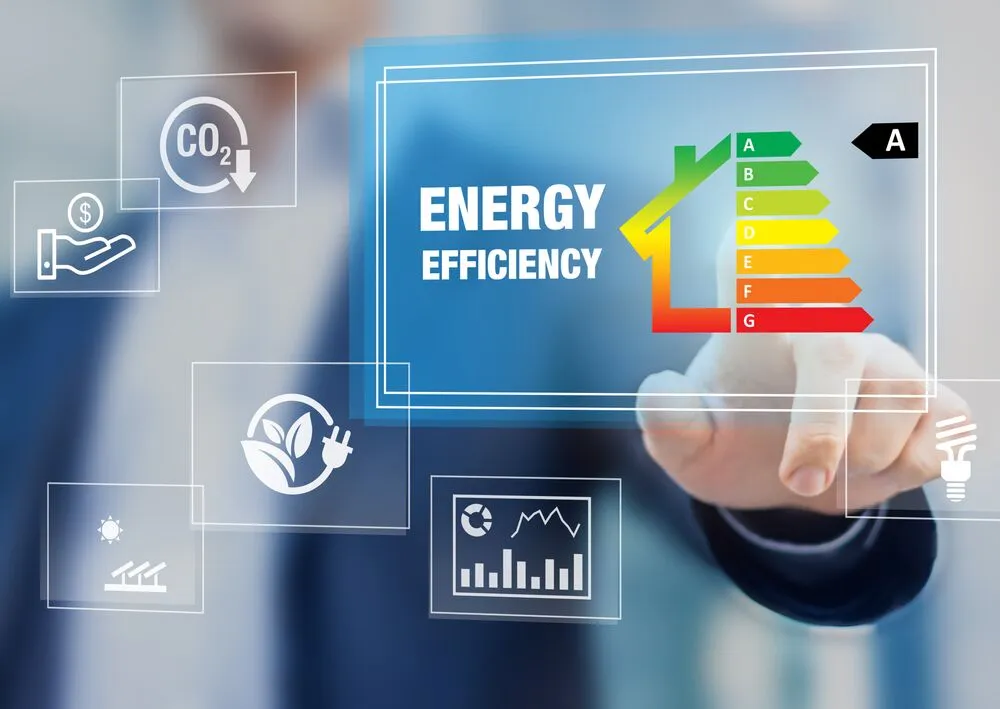EN 62640 Energy Consumption Evaluation in Smart Appliances
The European standard EN 62640 provides a framework for evaluating energy consumption and efficiency of smart appliances. Compliance with this standard is crucial for manufacturers seeking to ensure their products are not only efficient but also meet stringent environmental regulations.
This evaluation process involves several key components, including the identification of test conditions, the use of appropriate measurement instruments, and the interpretation of results against specified criteria. The primary goal is to provide a standardized approach that ensures consistency across different manufacturers and regions. This standard applies to various types of smart appliances such as refrigerators, washing machines, air conditioners, and more.
The testing process typically begins with selecting the appropriate test conditions which may vary based on the type of appliance being evaluated. For instance, a refrigerator might have one set of conditions while an air conditioner has another. These conditions are designed to simulate real-world usage scenarios as closely as possible. Once the conditions are established, the appliances undergo rigorous testing using specialized equipment that can accurately measure energy consumption.
After completing the tests, the results are analyzed and compared against predefined acceptance criteria outlined in EN 62640. If an appliance fails to meet these criteria, it must be revised until it complies fully with the standard. This iterative process ensures that only high-efficiency products reach the market.
Compliance with this standard not only helps protect the environment but also enhances consumer trust by providing clear information about energy efficiency. It aids in making informed purchasing decisions and contributes positively towards sustainable development goals set forth internationally.
In summary, EN 62640 plays a vital role in promoting energy-efficient smart appliances through comprehensive evaluation methods that guarantee accuracy and reliability of measured data.
Applied Standards
The application of EN 62640 involves several key steps. Firstly, it requires an understanding of the specific requirements defined within this standard for evaluating energy consumption in smart appliances. Secondly, compliance officers need to ensure that all relevant data collected during testing aligns with these standards.
- Accurate measurement and recording of energy usage under specified conditions
- Use of appropriate testing equipment calibrated according to international standards like ISO or ASTM
- Data analysis ensuring adherence to acceptance criteria set by EN 62640
By adhering strictly to these guidelines, manufacturers can demonstrate their commitment to producing eco-friendly products that contribute positively towards global sustainability efforts.
Industry Applications
The application of EN 62640 extends beyond mere compliance; it serves as a critical tool for enhancing the performance and reliability of smart appliances. Quality managers rely on this standard to monitor production processes closely, identifying any discrepancies early on so corrective actions can be taken promptly.
Compliance officers use EN 62640 during audits to verify whether manufacturers are meeting regulatory requirements accurately. This helps maintain consistent quality levels across different models and batches produced by the same manufacturer.
R&D engineers benefit from this standard too, as they can conduct detailed analyses of new designs before bringing them into mass production. By doing so, they ensure that innovative features do not compromise overall energy efficiency standards set forth in EN 62640.





